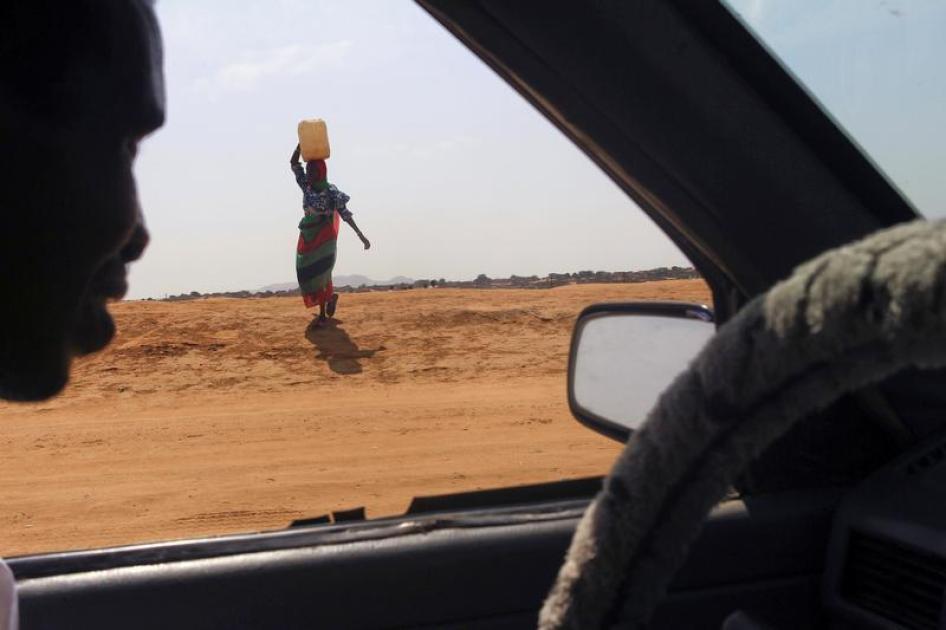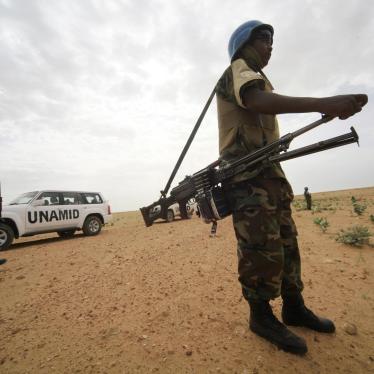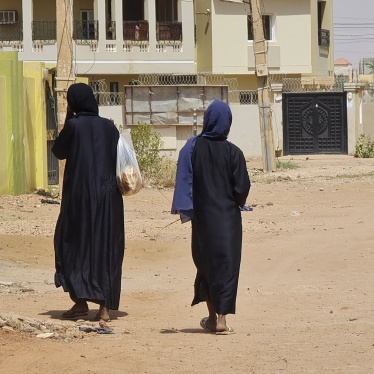International media has rightly focused on the case of Noura Hussein, a 19-year-old Sudanese woman sentenced to death for killing her husband – whom she’d been forced to marry – as he tried to rape her.
The court which tried Noura apparently had no regard to the fact that her husband had previously raped her violently with the help of his family members, or that she was forced into the marriage by her own family at just 16. Instead, it convicted her of murder and sentenced her to death by hanging after the man’s family opted for death over diya, or compensation. The United Nations and rights groups have appealed for clemency, and #justicefornoura is trending.
This is not the first time Sudan has attracted global condemnation for sentencing a woman to death. In 2014, an eight-month-pregnant woman, Mariam Yahyia Ibrahim, was sentenced to death for the crime of apostasy, for claiming to be Christian, and to 100 lashes for the crime of adultery, for marrying a non-Muslim Southern Sudanese.
Beyond Sudan’s intolerable imposition of the death penalty, both these cases illustrate the country’s discriminatory laws, which also allow children as young as 10 to be forced into marriage. Despite 2015 amendments to the criminal code, judicial authorities don’t recognize marital rape as a crime. The government also enforces discrimination through morality and public order laws, which make dress code violations and other personal choice crimes punishable by humiliation and flogging. In 2016, Human Rights Watch documented how these, in combination with security officials’ abuses, can be used to silence those who challenge authority.
And that’s not all. Sudan’s security forces have also raped civilians in Darfur, sometimes on a mass scale, and in other conflict zones, crimes which may constitute crimes against humanity, and for which nobody has been brought to justice. The United Nations expert on sexual violence in conflict noted following her recent visit to Sudan that there is a deep-seated culture of denial around rape, because it is prohibited under Islam. “No religion or faith, however, is immune from sexual violence,” she said. Sudanese authorities should take note.
In Mariam’s case, the courts eventually overturned the sentence. They should do the same for Noura. All Sudanese women and girls should be free from systemic discrimination and in particular protected from rape while the perpetrators are brought to justice. As one Khartoum-based activist told me, “there are many Nouras.”









